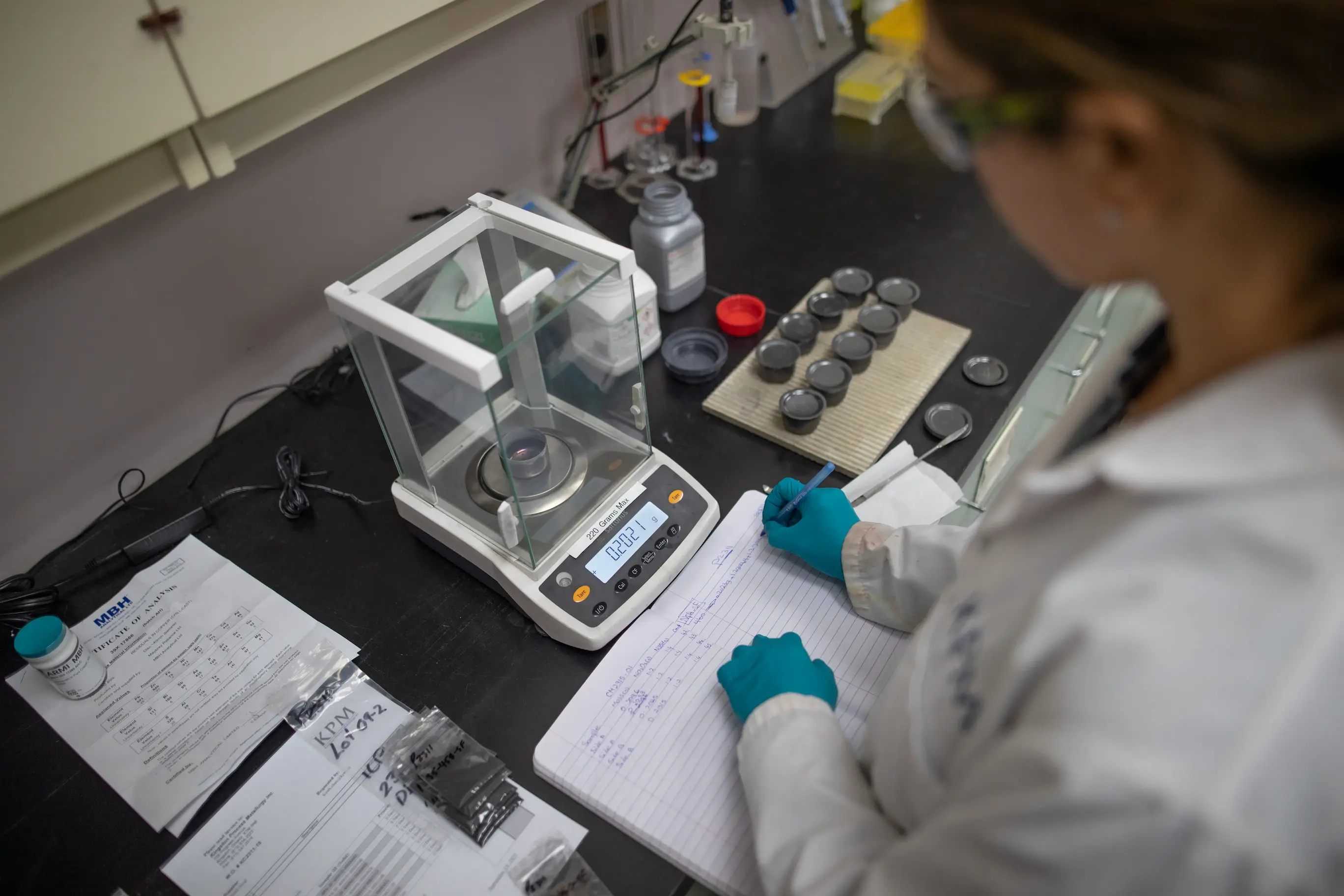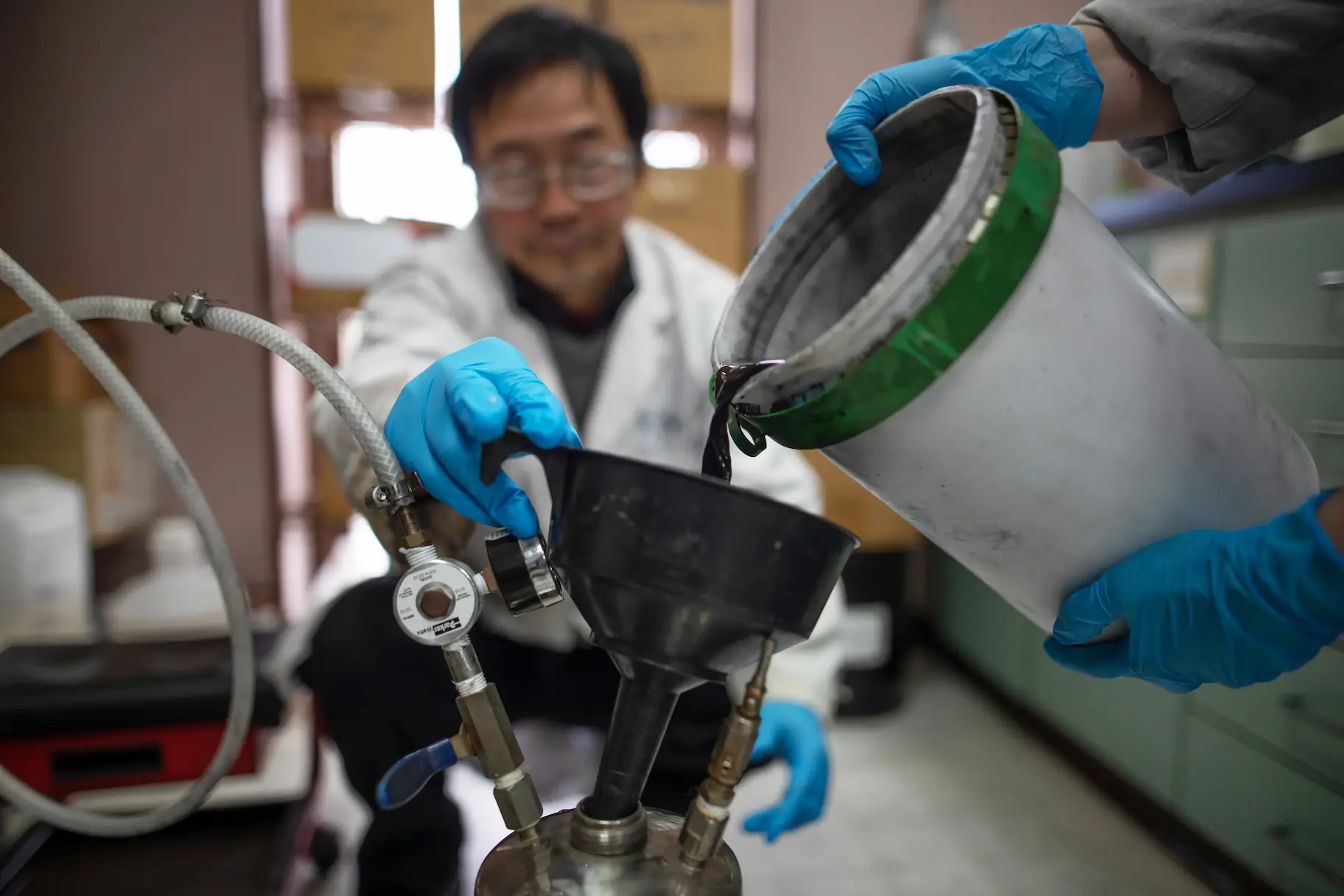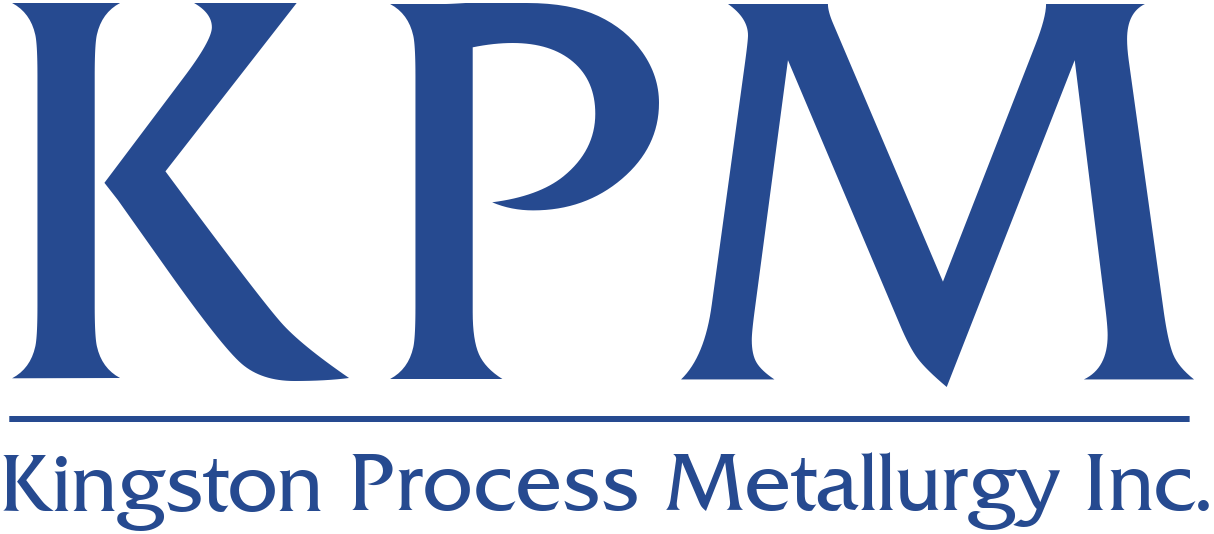
Services
Material Characterization and Custom Testing
Our experts can provide solutions to challenges related to process design, materials of construction, or operational difficulties. KPM specializes in developing an integrated approach in resolving plant and operational issues, using custom test methods and specialized analytical techniques, and coordinating resources to rapidly return to the client with an answer on the source of the problem, and a direction to possible solutions. When available, standard test methods (ASTM or others) are used. We are experts at handling chemistry related problems, including chemical thermodynamics, but also perform and coordinate various material characterization and physical tests as required. KPM is structured to provide a one-stop laboratory for testing and analysis of operational issues related to material, processes, and chemical interaction.

Services
Optical Microscopy
Scanning Electronic Microscopy with Compositional Analysis (SEM-EDS)
Surface Profilometry
Hardness & Tensile Strength
Corrosion & Wear Testing
Materials Compatibility
Process Inefficiencies
Database for Physical Properties
Solubility Curve Determination
Custom Probe Development (Level, Oxide, etc.)
Evaluation of Gas Scrubbing Agents
